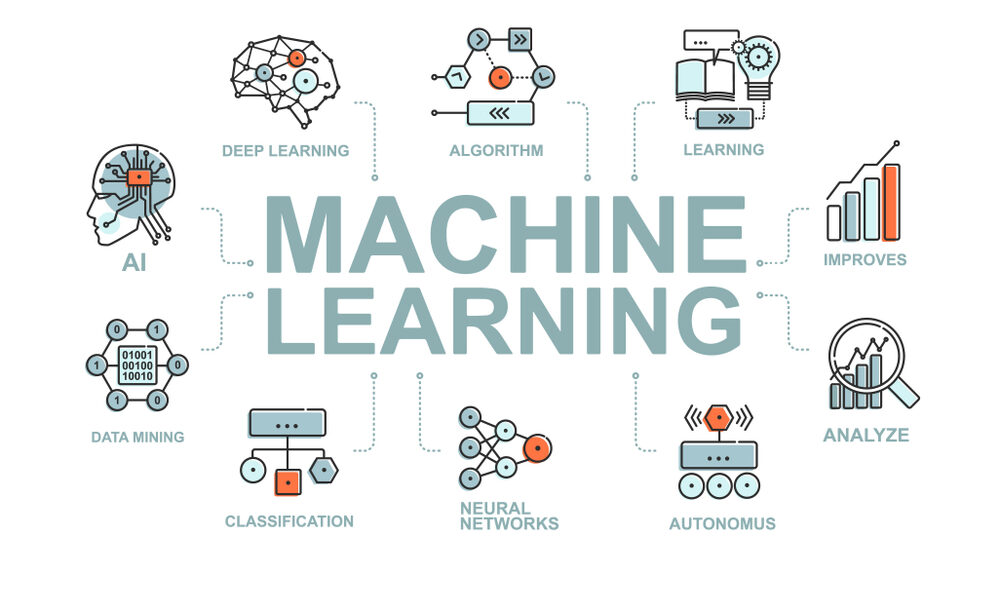Artificial intelligence (AI) is becoming increasingly prevalent in the business world. As the technology becomes more advanced, it has the potential to transform the way businesses operate and compete in the global marketplace. One of the most exciting aspects of AI is machine learning, which allows systems to learn and improve over time without being explicitly programmed. In this blog, we will explore the future of AI in business and the ways in which machine learning is transforming industries.
- Automation of Repetitive Tasks
One of the most significant benefits of machine learning is the ability to automate repetitive tasks. This includes tasks like data entry, customer service, and even certain aspects of marketing. By automating these tasks, businesses can free up their employees to focus on more strategic and creative tasks that require human intervention.
- Enhanced Personalization
Machine learning algorithms can analyze vast amounts of data to make predictions and recommendations based on patterns and trends. This allows businesses to offer more personalized products and services to their customers. For example, a recommendation engine can analyze a customer’s purchase history and browsing behavior to suggest products that they are likely to be interested in.
- Improved Decision Making
Machine learning can help businesses make more informed decisions by analyzing data and identifying patterns that humans might miss. This can be particularly valuable in industries like finance, where decisions are often made based on complex and ever-changing data. By using machine learning algorithms, businesses can make better predictions about market trends, customer behavior, and investment opportunities.
- Predictive Maintenance
In industries like manufacturing, machine learning can be used to predict when equipment is likely to fail, allowing businesses to perform maintenance proactively. This can prevent downtime and reduce maintenance costs, improving overall efficiency and productivity.
- Fraud Detection
Machine learning algorithms can be trained to detect fraudulent behavior, such as credit card fraud or identity theft. By analyzing patterns and anomalies in transaction data, these algorithms can flag suspicious activity and alert businesses to potential fraud before it becomes a problem.
- Supply Chain Optimization
Machine learning can also be used to optimize supply chains by predicting demand and identifying bottlenecks in the supply chain. This can help businesses reduce waste, lower costs, and improve customer satisfaction by ensuring that products are delivered on time and in good condition.
In conclusion, machine learning is transforming the way businesses operate and compete in the global marketplace. By automating repetitive tasks, enhancing personalization, improving decision making, predicting maintenance needs, detecting fraud, and optimizing supply chains, machine learning is helping businesses become more efficient, productive, and customer-focused. As the technology continues to advance, we can expect to see even more exciting applications of AI in the business world.







Leave feedback about this